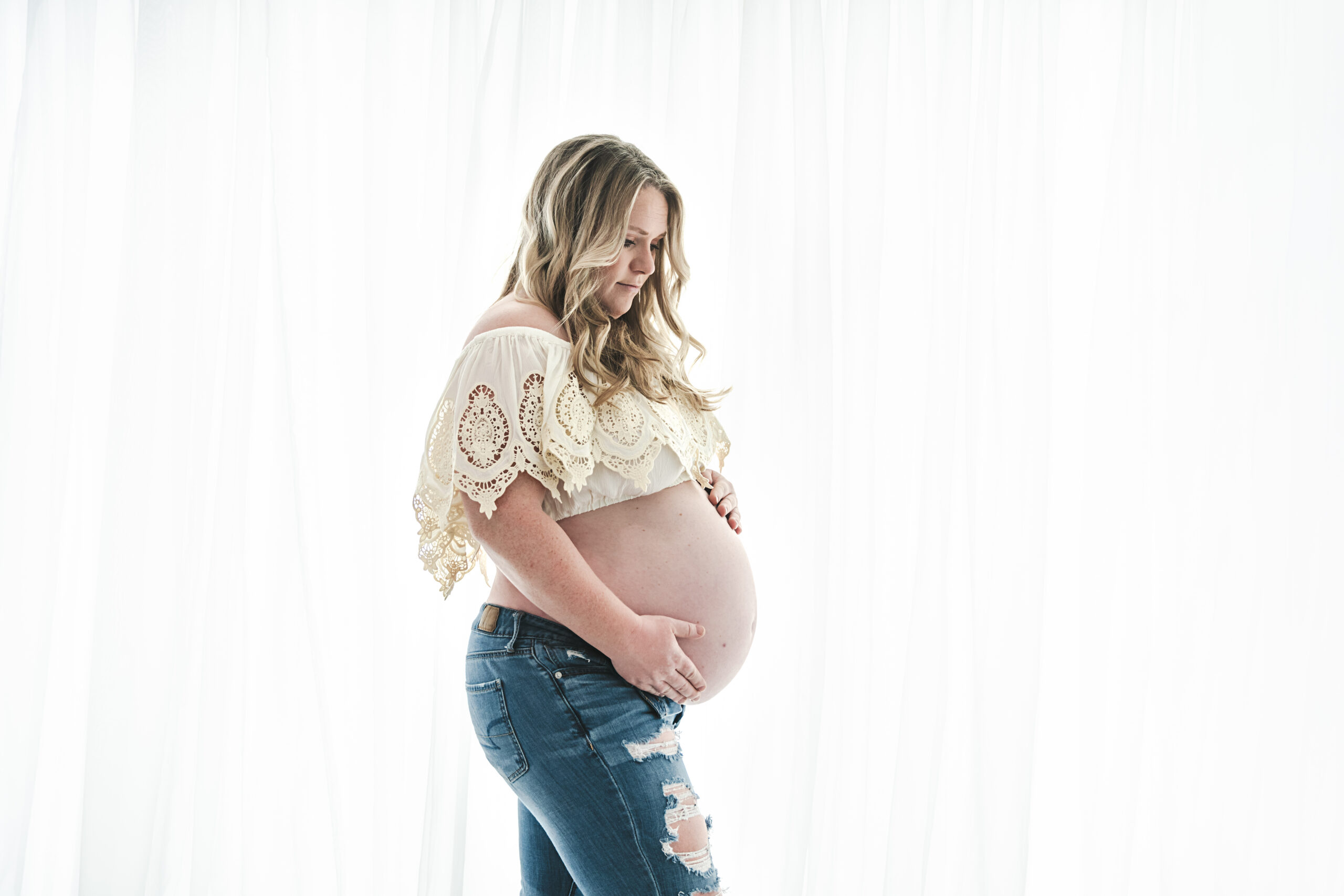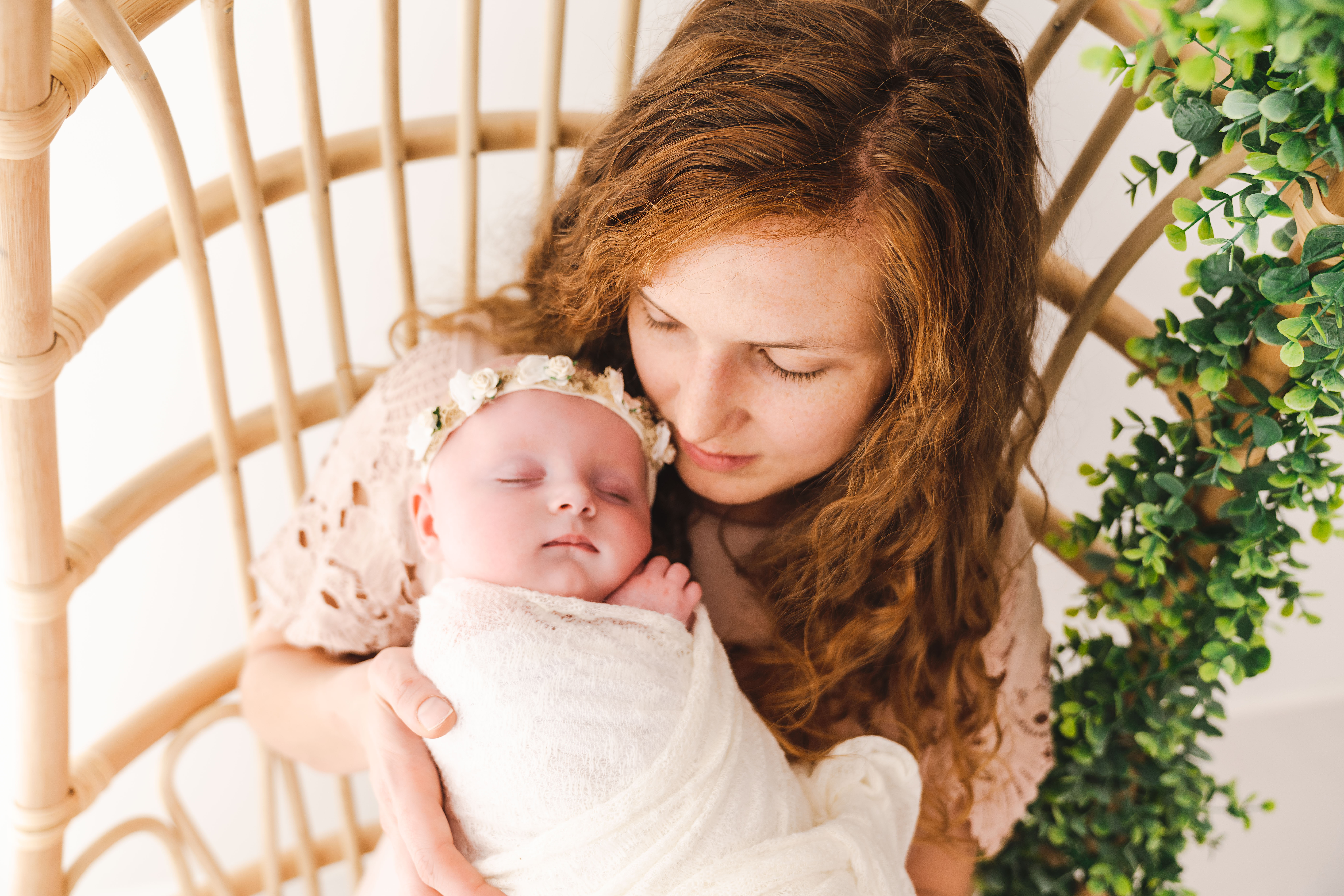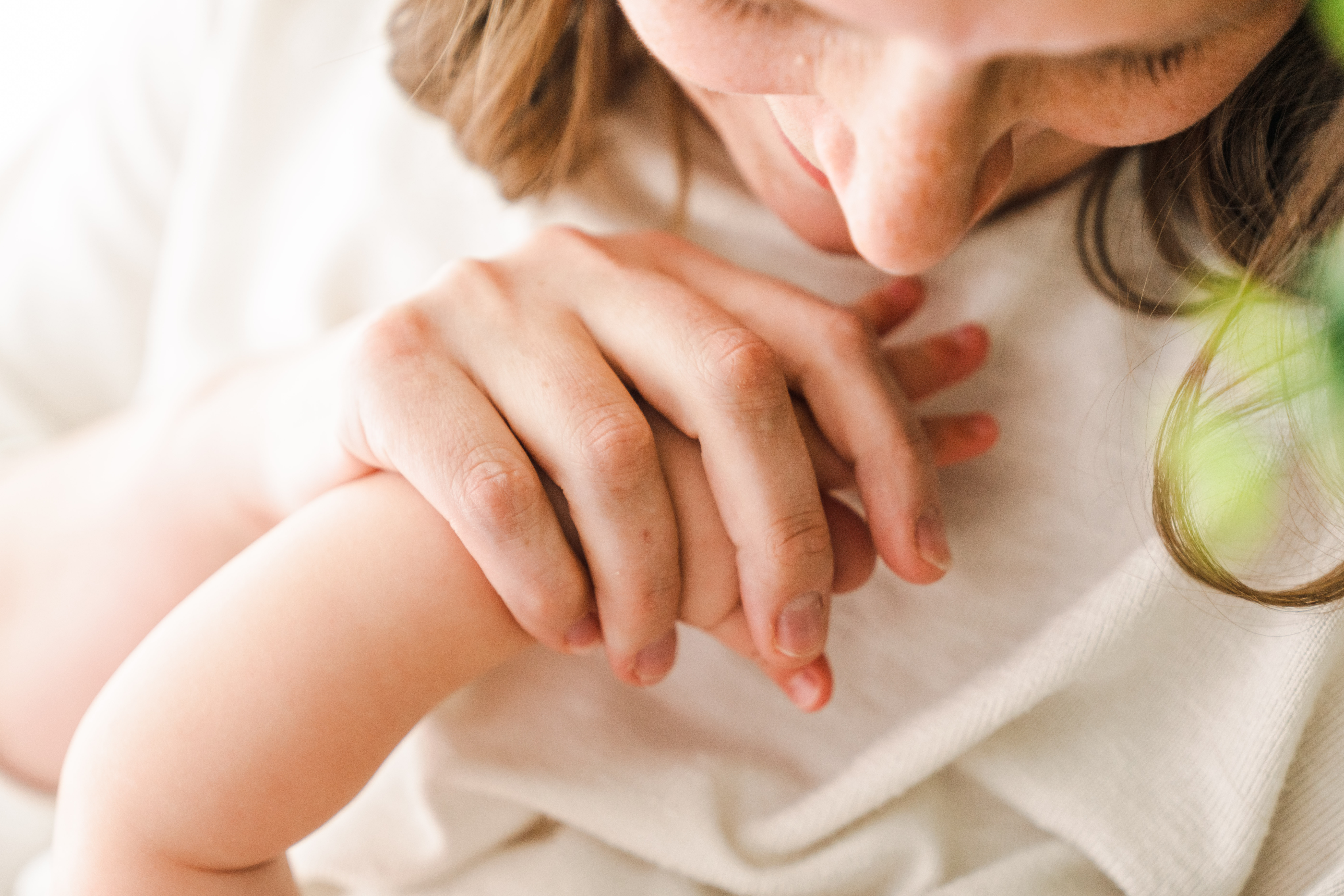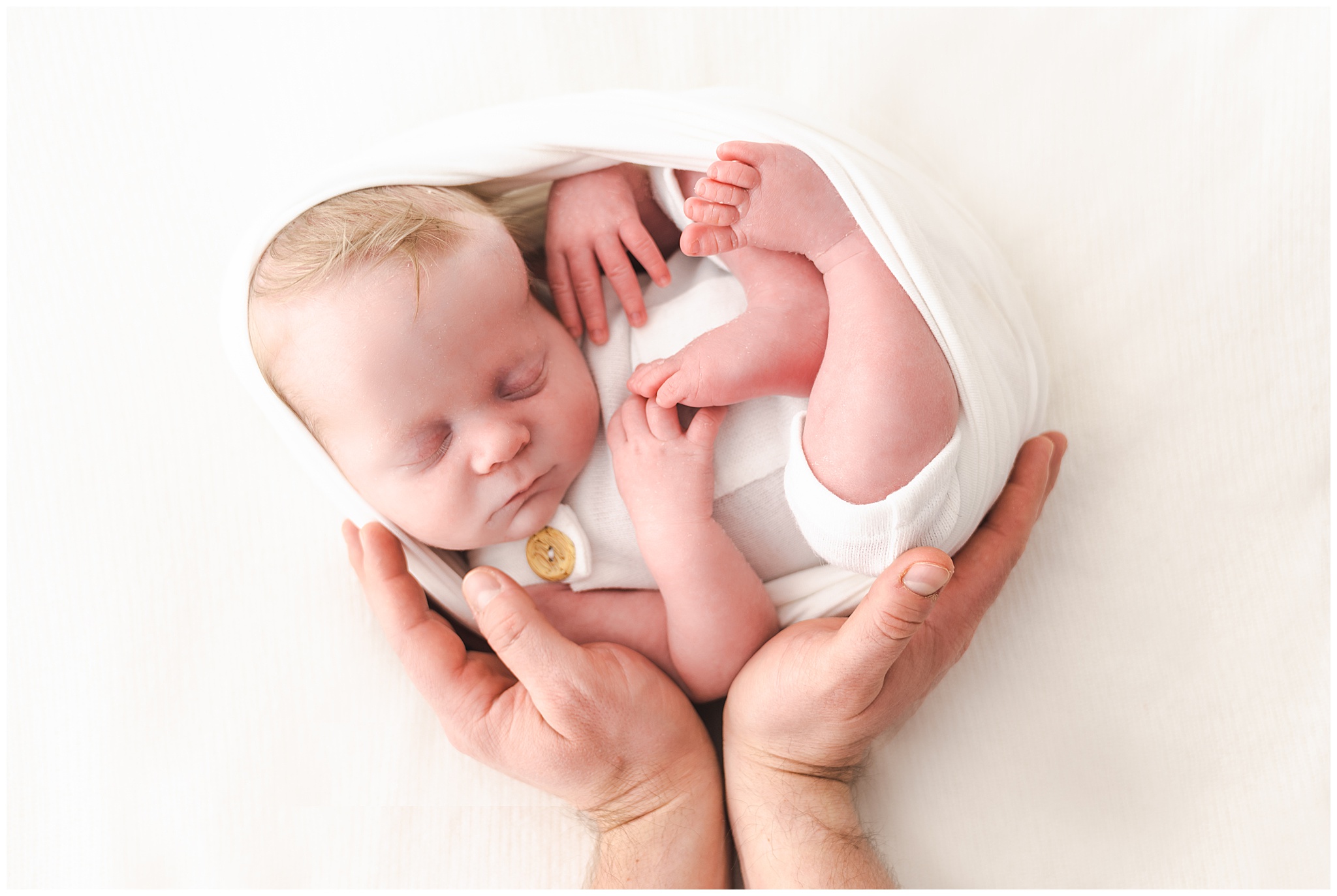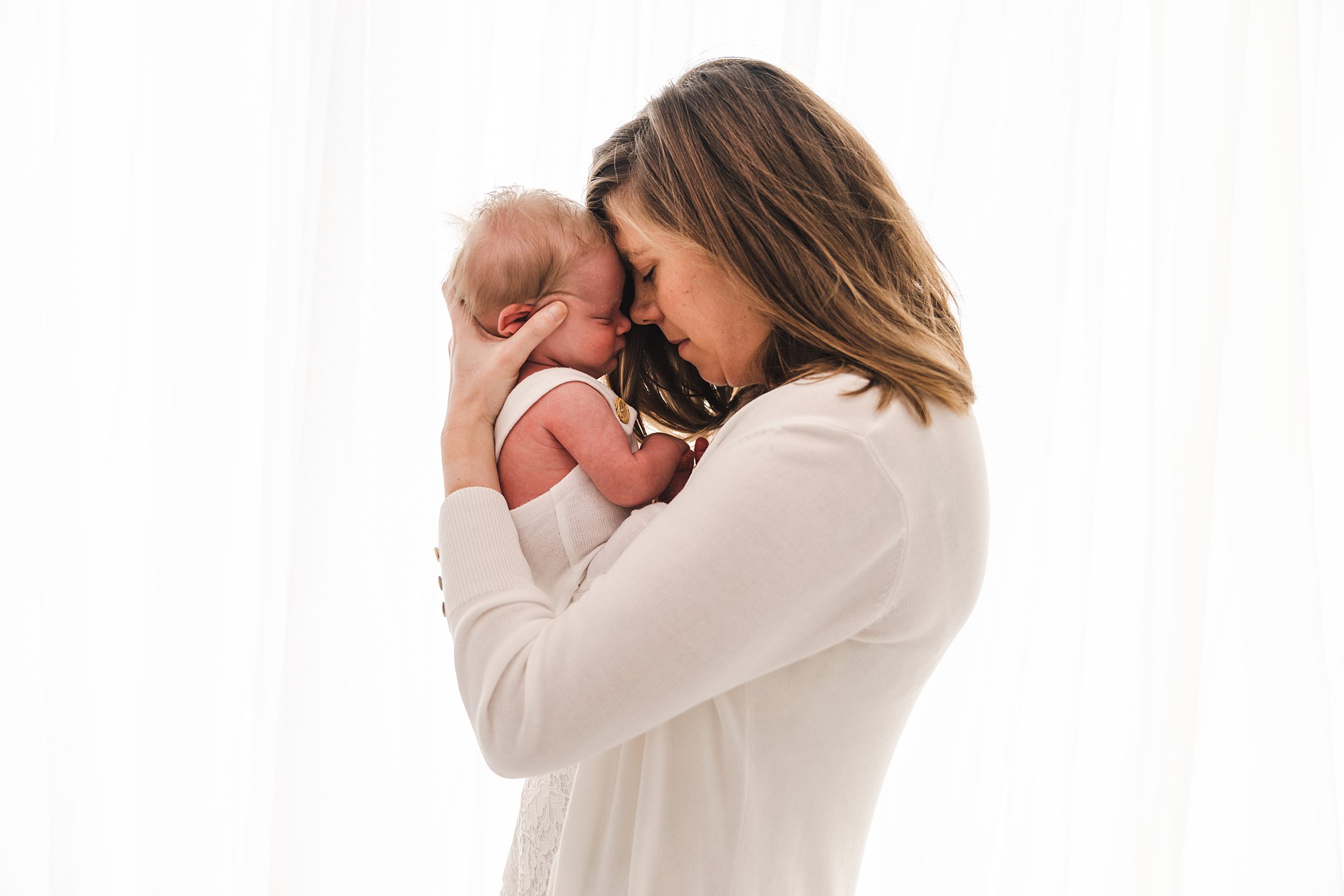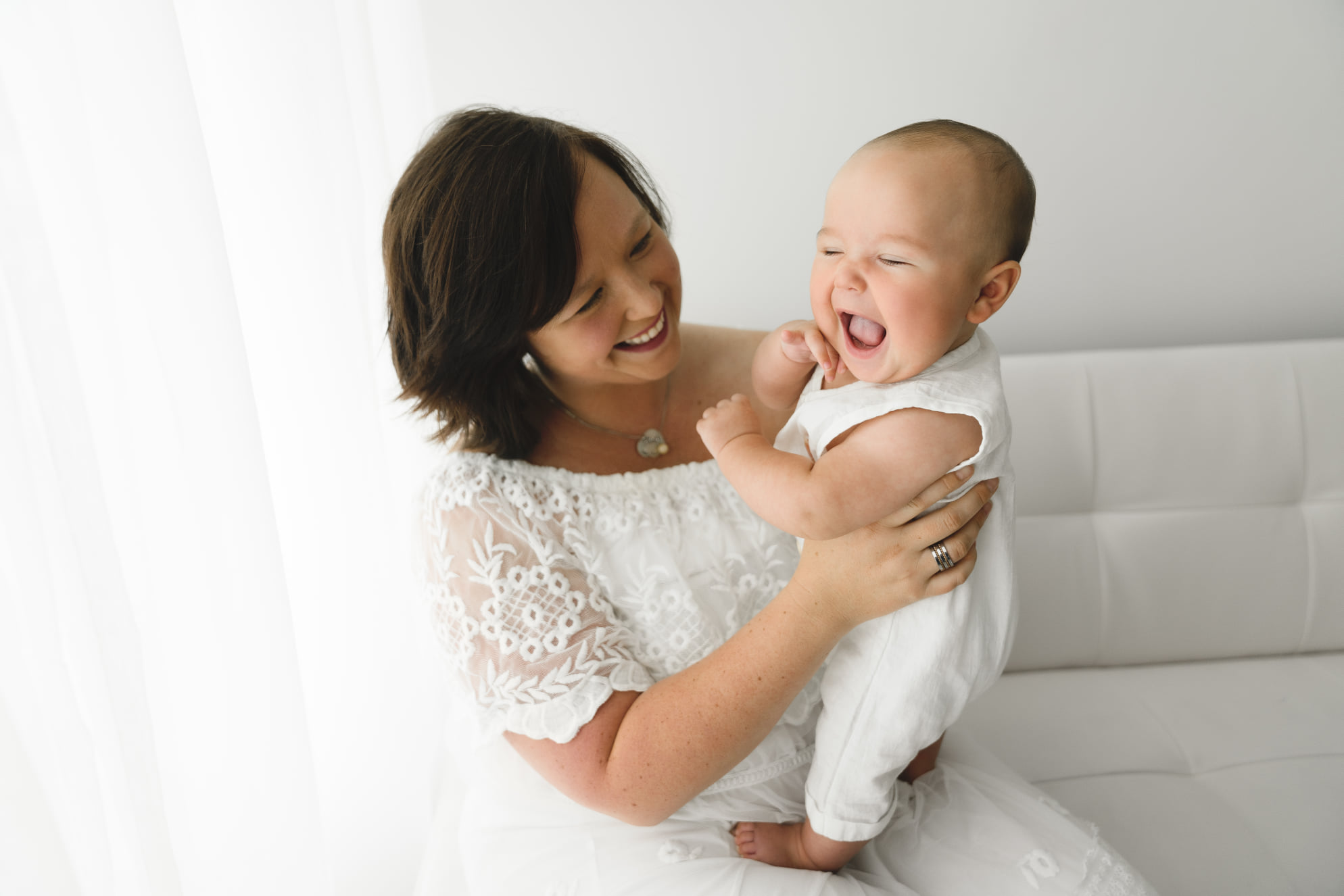Understanding Postpartum Depression: A Journey Through the Shadows
Becoming a parent is often depicted as one of life’s greatest joys. From the first moments of holding your newborn to watching them grow and develop, parenthood is portrayed as a time of unparalleled happiness and fulfillment. However, for many individuals, this experience is shadowed by a complex and often misunderstood condition known as postpartum depression (PPD). In this blog, we’ll delve into what PPD is, its causes, symptoms, and treatment options, aiming to shed light on this important yet often overlooked aspect of motherhood.

What is Postpartum Depression?
Postpartum depression is a mood disorder that affects individuals after childbirth. Contrary to popular belief, it is not simply feeling down or overwhelmed temporarily; it is a significant and persistent mental health condition that can have a profound impact on a new parent’s daily life, relationships, and ability to care for their child.
Causes of Postpartum Depression
While the exact causes of postpartum depression are not fully understood, it is believed to result from a combination of physical, emotional, and social factors. These may include:
- Hormonal Changes: The dramatic hormonal shifts that occur during and after pregnancy, particularly the sudden drop in estrogen and progesterone levels, can contribute to mood disturbances.
- Brain Chemistry: Changes in neurotransmitter levels, such as serotonin and dopamine, may play a role in the development of PPD.
- Stress and Sleep Deprivation: The demands of caring for a newborn, coupled with sleep deprivation and physical exhaustion, can exacerbate feelings of anxiety and depression.
- History of Mental Health Conditions: Individuals with a history of depression, anxiety, or other mental health disorders may be at higher risk of developing postpartum depression.
- Life Stressors: External factors such as financial difficulties, relationship issues, or lack of social support can also contribute to the development or worsening of PPD.
Signs and Symptoms
Postpartum depression can manifest in a variety of ways, and its symptoms may vary in severity from person to person. Some common signs and symptoms include:
- Persistent feelings of sadness, hopelessness, or emptiness
- Irritability, mood swings, or anger
- Loss of interest in activities once enjoyed
- Changes in appetite or sleep patterns (either too much or too little)
- Fatigue or loss of energy
- Difficulty bonding with the baby
- Feelings of guilt, worthlessness, or inadequacy as a parent
- Thoughts of harming oneself or the baby (in severe cases)
It’s important to note that experiencing some of these symptoms doesn’t automatically mean a person has postpartum depression, as the postpartum period is naturally challenging and emotionally intense. However, if these symptoms persist for more than a couple of weeks or significantly interfere with daily functioning, it’s crucial to seek help from a healthcare professional.
Treatment and Support
The good news is that postpartum depression is treatable, and with the right support, individuals can recover and enjoy a fulfilling parenting experience. Treatment options may include:
- Therapy: Talk therapy, such as cognitive-behavioral therapy (CBT) or interpersonal therapy, can help individuals explore their feelings, develop coping strategies, and improve communication skills.
- Medication: In some cases, antidepressant medications may be prescribed to help regulate mood and alleviate symptoms. It’s important to discuss the risks and benefits of medication with a healthcare provider, especially for breastfeeding mothers.
- Support Groups: Joining a support group for new parents or specifically for those dealing with postpartum depression can provide a sense of community, validation, and shared experiences.
- Self-Care: Practicing self-care activities such as getting enough rest, eating well-balanced meals, engaging in gentle exercise, and finding time for relaxation can contribute to overall well-being.
- Social Support: Building a support network of friends, family members, or other parents can offer emotional support, practical assistance, and a listening ear during challenging times.
Breaking the Stigma
One of the biggest hurdles in addressing postpartum depression is the stigma and misconceptions surrounding mental health issues, especially in the context of motherhood. Many individuals feel ashamed or afraid to seek help, fearing judgment or criticism. However, acknowledging and addressing postpartum depression is not a sign of weakness but a courageous step toward healing and recovery.
As a society, we can contribute to breaking the stigma by:
- Educating Ourselves: Learning about postpartum depression and other mental health conditions can help dispel myths and increase empathy and understanding.
- Offering Support: Being there for new parents, listening without judgment, and offering practical help can make a significant difference in their journey.
- Advocating for Mental Health Services: Supporting policies and initiatives that prioritize mental health services, including screening and treatment for postpartum depression, can improve access to care for all individuals.
In conclusion, postpartum depression is a real and challenging condition that affects many new parents. By raising awareness, providing support, and fostering a culture of acceptance and understanding, we can create a more compassionate and inclusive environment where individuals feel empowered to seek help and take steps toward recovery. Parenthood is a journey filled with ups and downs, and by navigating the shadows together, we can help light the path toward brighter days for all families.





